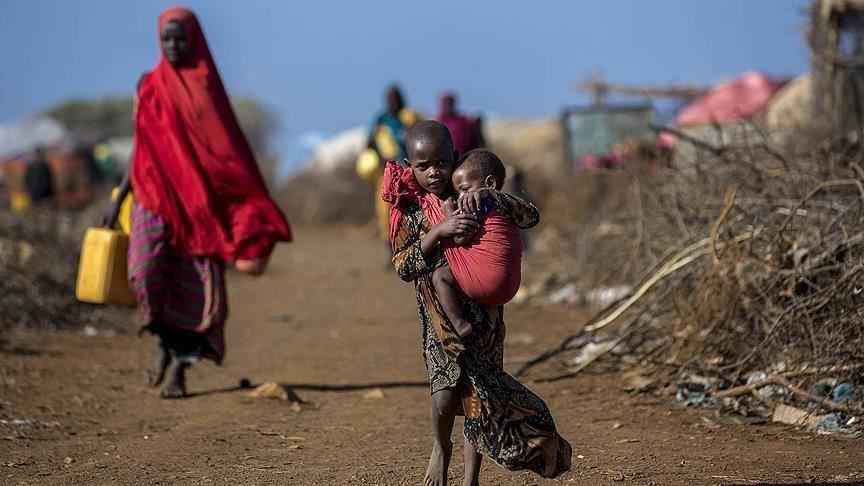HUNGER THREAT MORE ACUTE FROM NOW ON FOR POOR REGIONS WORLDWIDE...
The number of people going hungry around the world could double in just a few months as the coronavirus pandemic wreaks havoc on food supplies and hurts incomes.
That’s according to a group of major food companies, industry bodies and academics, which warned that those suffering from chronic hunger may surge from about 800 million amid mounting food-supply risks. The threat is acute for poor regions like sub-Saharan Africa.
“There could not be a more important time in which to keep trade flows open and predictable,” according to a letter to world leaders signed by Nestle SA, Unilever NV, Danone SA and PepsiCo Inc.

While production is ample, transport and labor disruptions are starting to impact food security in many parts of the world, boosting prices of key staples such as wheat and rice. Plus, job losses from the outbreak are reducing incomes. That’s all prompting governments to restrict various food exports to safeguard domestic supplies.
Going Hungry...
The letter urged world leaders to maintain open trade and ensure access to nutritious and affordable food to help prevent a global humanitarian crisis. Major food exporters must make it clear that they’ll keep fully supplying international markets, it said. Other proposed measures include supporting the most vulnerable, investing in local production and treating farmers and food workers as part of an essential sector.
The United Nations has also warned that countries should work together to avoid “beggar-thy-neighbour policies” seen during a global food price crisis a decade ago.
The virus could potentially create a severe food security crisis in Africa, the World Bank said in a report. Agricultural output could fall as much as 7% if there are trade restrictions, while food imports may drop at least 13% due to higher transaction costs and reduced demand, it said.
Comments
Post a Comment